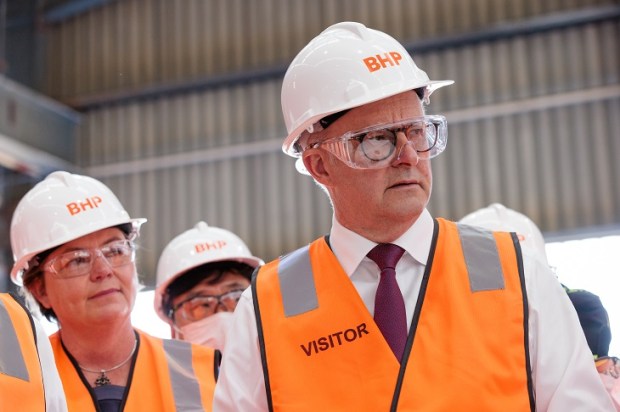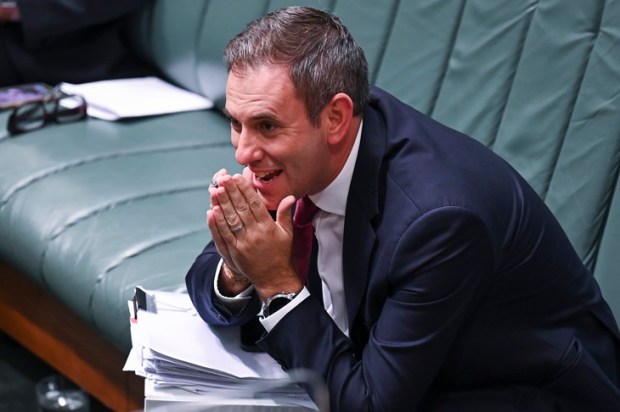September is ‘cuddle’ month for unions, employers, and the Albanese government. The soirée for the 100-or-so ‘stakeholders’, also known as Labor’s job summit, will discuss matters of high importance. That is, the participants will decide a new fabric of labour laws in which to wrap Australian workers.
High on the discussion list is the vexed question (for some) of what to do with Australia’s 2.2
Already a subscriber? Log in
Subscribe for just $2 a week
Try a month of The Spectator Australia absolutely free and without commitment. Not only that but – if you choose to continue – you’ll pay just $2 a week for your first year.
- Unlimited access to spectator.com.au and app
- The weekly edition on the Spectator Australia app
- Spectator podcasts and newsletters
- Full access to spectator.co.uk
Or


























Comments
Don't miss out
Join the conversation with other Spectator Australia readers. Subscribe to leave a comment.
SUBSCRIBEAlready a subscriber? Log in